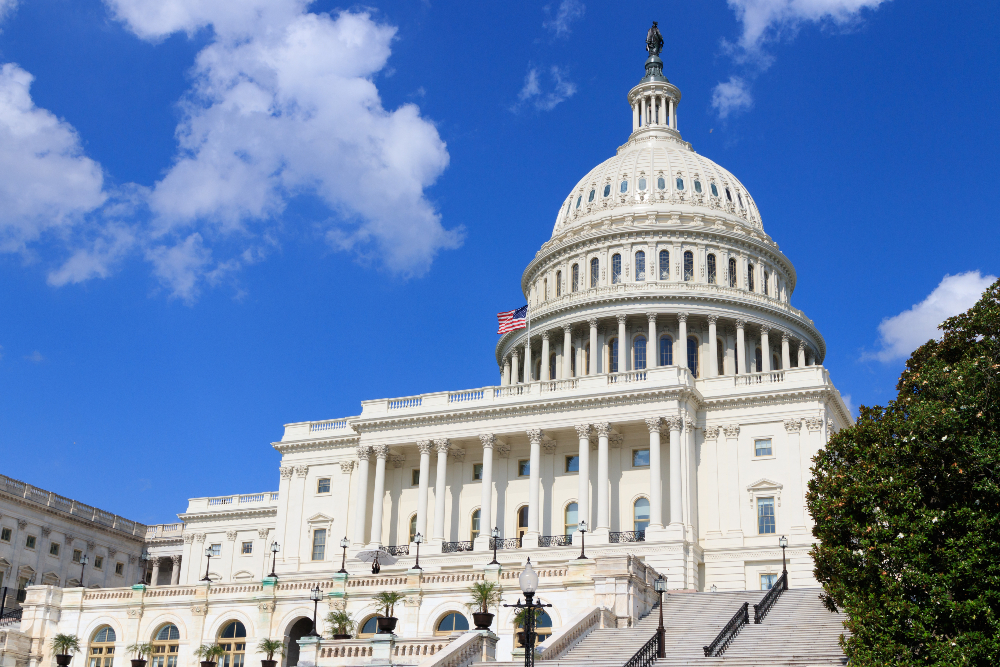A federal judge has rejected an effort led by Democratic attorneys general to block the Department of Government Efficiency (DOGE) from accessing government data or making personnel changes within federal agencies. U.S. District Judge Tanya Chutkan ruled that the plaintiffs—representing 14 Democratic-led states—failed to meet the high legal standard of proving “imminent harm,” a necessary condition for securing a temporary restraining order.
This ruling marks a significant legal victory for DOGE, the controversial agency spearheaded by Elon Musk under an executive order from President Donald Trump. The agency’s mandate focuses on streamlining the federal government by cutting inefficiencies, reducing costs, and restructuring federal agencies within an 18-month window.
The Lawsuit and Its Implications
The lawsuit, filed by attorneys general from states including California, Maryland, and Washington, argued that DOGE’s authority—particularly under Musk’s leadership—constituted an unlawful delegation of executive power. They warned of potential mass firings, breaches of sensitive government data, and a broader erosion of institutional stability.
“There is no greater threat to democracy than the accumulation of state power in the hands of a single, unelected individual,” stated New Mexico Attorney General Raul Torrez, emphasizing the unprecedented nature of DOGE’s authority.
Despite Judge Chutkan expressing concerns about the potential ramifications of DOGE’s actions, she ultimately ruled that speculation and fears did not meet the legal threshold required to justify immediate injunctive relief.
What This Means for DOGE
With the ruling, DOGE retains access to personnel data and agency records, allowing it to move forward with its controversial efforts. The agency has already made significant budget cuts and proposed a restructuring plan that could impact multiple federal agencies.
Trump and Musk have defended the initiative, arguing that Washington’s bureaucracy has become inefficient and needs urgent reform. The Justice Department also weighed in, asserting that DOGE personnel are technically U.S. government employees “detailed” to the agency, which legally entitles them to access government data under the Economy Act.
More Legal Battles Ahead?
The legal challenge against DOGE is far from over. Similar lawsuits are pending in federal courts in New York, Maryland, and Virginia, with plaintiffs continuing to argue that DOGE’s broad authority violates constitutional principles. The primary focus remains on whether Musk’s leadership, as an unelected private citizen, infringes upon the Appointments Clause of the U.S. Constitution.
The Appointments Clause mandates that key executive officials be nominated by the president and confirmed by the Senate. Critics argue that by granting Musk sweeping authority without Senate confirmation, the administration has created a dangerous precedent.
Broader Implications for Federal Employees
Beyond constitutional concerns, DOGE’s operations have sparked widespread anxiety among federal workers. Labor unions and advocacy groups have staged protests, fearing mass layoffs and retaliatory actions against government employees.
While the agency has not yet implemented large-scale job cuts, insiders suggest that restructuring efforts could lead to significant downsizing in departments deemed inefficient. DOGE’s approach has also drawn scrutiny over its lack of transparency—critics argue that without clearly defined policies, employees face uncertainty regarding their future.
What’s Next?
As DOGE forges ahead, the Biden administration and Democratic-led states may explore legislative or executive countermeasures to rein in its authority. However, with the courts currently siding with DOGE, opponents face an uphill battle in curtailing its influence.
For now, Musk and his allies remain focused on fulfilling one of Trump’s central campaign promises: a leaner, more cost-effective federal government. But with ongoing lawsuits and congressional inquiries on the horizon, DOGE’s long-term future remains uncertain.
Stay tuned as this legal and political battle continues to unfold.





